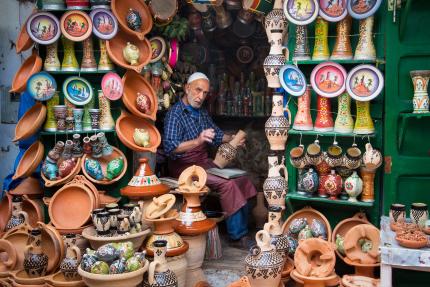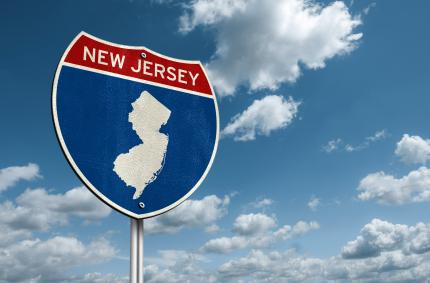Not Today, Santa
Are you swearing off holiday programs at your library? Here are a few winter program ideas to try instead.
Are you swearing off holiday programs at your library? Here are a few winter program ideas to try instead.
National Poetry Month celebrates poems and poets, with annual events taking place nationwide in April.

Chicago Public Library found a way to celebrate artisans throughout history using the 21st-century technology in their makerspace.
A birthday book donation program can be a gift to the whole library community.
We often celebrate happy times at libraries. What about acknowledging the messier aspects of being human?

A yearlong celebration of the Garden State takes on baseball heroes, visionary women, endangered species and much more.
Free food attracts college students. So why not make food the main attraction instead of an afterthought?
Celebrate the year of the rooster in 2017 with these fun Chinese New Year crafts.